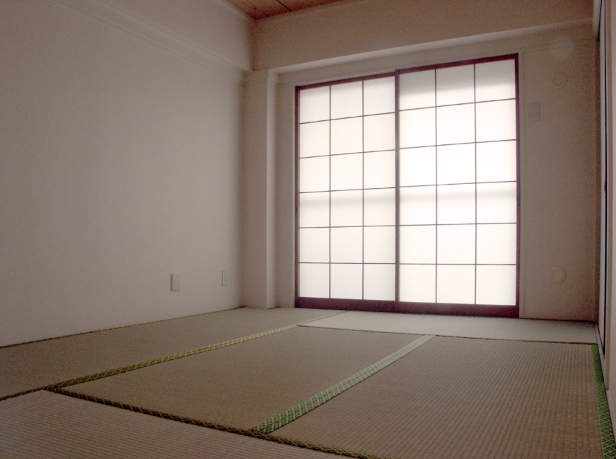
“How often I have sitten down to write, and rejoiced at interruption; and how often I have praised the dignity of resolution, determined at night to write in the morning, and deferred it in the morning to the quiet hours of the night.”
— Samuel Johnson
Last weekend’s weather was magnificent. The breeze was just sufficient to prevent you from sweating despite the glow of uninterrupted sunshine. Spring and summer had merged to form the most pleasant days of the year, and the neighborhood was lively with friendly activity. But despite the things to be enjoyed outside, I woke up on Saturday inside without too much inclination to do anything but check my e-mail and eat breakfast.
Had I walked outside and felt the warm sun on my face before instinctively reaching for my phone, I may have been disposed towards different plans. As it was, it took me much of the morning to summon up the insignificant amount of will to “break out”.
When I had finally seen the light of day unmediated by window glass, I was abuzz with the huge potential of weather like this: I could explore the town, pack a picnic, visit a bookstore, exercise, and play tennis. All more nourishing options that a morning frittered away on e-mail (which has its own time and place). My brain had been lit up with new possibilities, and all because of a simple, insignificant bit of discomfort: opening the door, and stepping outside.
I’m often in these situations. Even though I know that there is something enriching and wonderful just beyond a Japanese-style paper wall of effort, that wall -thin as it is- puts me off. Our brains seem to lack the circuitry to intuitively understand that by putting in a bit of elbow grease now, we get a massively disproportionate payoff just minutes or moments later.
What’s most surprising is how thin these walls of adversity seem to be. Instead of picking up a book and expending the few minutes of mental effort to focus, we switch on the tv, and mouth agape, readily absorb a spoon-fed dose of empty entertainment calories. Since there’s no wall there, we head in that direction. Yet who would describe reading as a “difficult” activity? If settling into reading a book has a wall, it’s only a very flimsy one.

This applies to lots of activities. Work that requires a great deal of concentration rewards its participant with the thrill of being deeply tuned in and with the satisfaction of having achieved something, at the cost of putting up with slight feeling of discomfort that is activated whenever we sit down to focus. Exercise rewards us with a buzz of energy, and over the longer term with countless health perks. Reading rewards us by transporting us to imagined worlds or into the heads of great people from long ago. But the lower hanging fruit, sickeningly overripe, is the stuff we reach for first.
Despite the temptations, there are those select immortals among us who have made a regular practice of breaking through walls, to the point where they no longer seem to exist. So how do we copy what they’ve done?
The answer lies with that ultimate magic force of the human mind: habit. In the case where a whiff of difficulty turns us away from an activity, we have simply conditioned ourselves over the course of our lives to give up and do something easier instead. In these cases, habit is working against us. Through a small amount of carefully applied effort this problem can be simply (though not easily) solved.
Next time you are confronted by the temptation of a bit of easy pleasure at the expense of a more meaningful or deeply-rewarding activity, think about how you can build up your defenses. Here are some little habits I’ve developed that have made me better at punching through walls:
- Break big or vague tasks into small and clear ones
- Before leaving my desk for a break, make sure I have a manageable next action on my list.
- Take several deep breaths when I feel anxiety about starting some difficult work
- Set firm boundaries: use software to block counterproductive activities
- Commit to writing a note to yourself every day explaining the most important thing you’d like to do that day.
Try these out and check out other folks’ perspective on how to travel this road. If you are like me you’ll be able to string together a few habits here and there that suit your particular circumstances. Bit by bit, our strength to control our time grows, and suddenly the next time you are faced with a wall, you punch through that flimsy sucker.